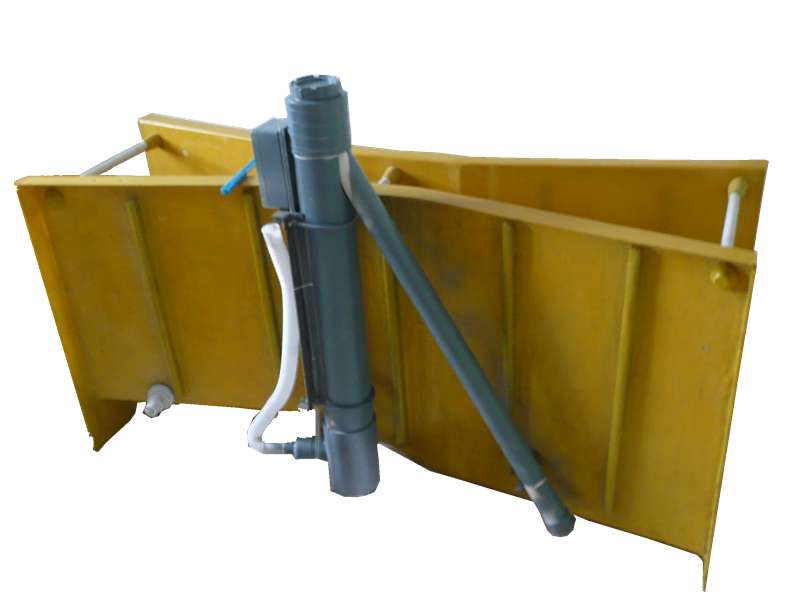
-
 Afrikaans
Afrikaans -
 Albanian
Albanian -
 Amharic
Amharic -
 Arabic
Arabic -
 Armenian
Armenian -
 Azerbaijani
Azerbaijani -
 Basque
Basque -
 Belarusian
Belarusian -
 Bengali
Bengali -
 Bosnian
Bosnian -
 Bulgarian
Bulgarian -
 Catalan
Catalan -
 Cebuano
Cebuano -
 China
China -
 China (Taiwan)
China (Taiwan) -
 Corsican
Corsican -
 Croatian
Croatian -
 Czech
Czech -
 Danish
Danish -
 Dutch
Dutch -
 English
English -
 Esperanto
Esperanto -
 Estonian
Estonian -
 Finnish
Finnish -
 French
French -
 Frisian
Frisian -
 Galician
Galician -
 Georgian
Georgian -
 German
German -
 Greek
Greek -
 Gujarati
Gujarati -
 Haitian Creole
Haitian Creole -
 hausa
hausa -
 hawaiian
hawaiian -
 Hebrew
Hebrew -
 Hindi
Hindi -
 Miao
Miao -
 Hungarian
Hungarian -
 Icelandic
Icelandic -
 igbo
igbo -
 Indonesian
Indonesian -
 irish
irish -
 Italian
Italian -
 Japanese
Japanese -
 Javanese
Javanese -
 Kannada
Kannada -
 kazakh
kazakh -
 Khmer
Khmer -
 Rwandese
Rwandese -
 Korean
Korean -
 Kurdish
Kurdish -
 Kyrgyz
Kyrgyz -
 Lao
Lao -
 Latin
Latin -
 Latvian
Latvian -
 Lithuanian
Lithuanian -
 Luxembourgish
Luxembourgish -
 Macedonian
Macedonian -
 Malgashi
Malgashi -
 Malay
Malay -
 Malayalam
Malayalam -
 Maltese
Maltese -
 Maori
Maori -
 Marathi
Marathi -
 Mongolian
Mongolian -
 Myanmar
Myanmar -
 Nepali
Nepali -
 Norwegian
Norwegian -
 Norwegian
Norwegian -
 Occitan
Occitan -
 Pashto
Pashto -
 Persian
Persian -
 Polish
Polish -
 Portuguese
Portuguese -
 Punjabi
Punjabi -
 Romanian
Romanian -
 Russian
Russian -
 Samoan
Samoan -
 Scottish Gaelic
Scottish Gaelic -
 Serbian
Serbian -
 Sesotho
Sesotho -
 Shona
Shona -
 Sindhi
Sindhi -
 Sinhala
Sinhala -
 Slovak
Slovak -
 Slovenian
Slovenian -
 Somali
Somali -
 Spanish
Spanish -
 Sundanese
Sundanese -
 Swahili
Swahili -
 Swedish
Swedish -
 Tagalog
Tagalog -
 Tajik
Tajik -
 Tamil
Tamil -
 Tatar
Tatar -
 Telugu
Telugu -
 Thai
Thai -
 Turkish
Turkish -
 Turkmen
Turkmen -
 Ukrainian
Ukrainian -
 Urdu
Urdu -
 Uighur
Uighur -
 Uzbek
Uzbek -
 Vietnamese
Vietnamese -
 Welsh
Welsh -
 Bantu
Bantu -
 Yiddish
Yiddish -
 Yoruba
Yoruba -
 Zulu
Zulu
fiberglass tank
Exploring the Benefits of Fiberglass Tanks
Fiberglass tanks have become increasingly popular in various industries, thanks to their unique properties and versatility. Made from a composite material consisting of glass fibers and resin, these tanks offer numerous advantages over traditional materials such as steel or plastic. Their light weight, durability, and resistance to corrosion make them an ideal choice for various applications, from water storage to chemical processing.
One of the primary benefits of fiberglass tanks is their resistance to corrosion. Unlike metal tanks, which can rust and degrade when exposed to moisture or harsh chemicals, fiberglass does not succumb to environmental factors. This makes them particularly suitable for storing aggressive chemicals, wastewater, and other corrosive substances. The longevity of fiberglass tanks often surpasses that of their metal counterparts, leading to lower replacement and maintenance costs over time.
Additionally, fiberglass tanks are lightweight, making them easier to transport and install. This attribute is especially beneficial for industries that require frequent relocation of storage units. The ease of installation can result in reduced labor costs and shorter downtime during the setup phase. Furthermore, the flexibility in design means that fiberglass tanks can be manufactured in various shapes and sizes to fit specific requirements, allowing for tailored solutions for different projects.
fiberglass tank

Another significant advantage of using fiberglass tanks is their environmental impact. With increasing regulations surrounding environmental protection, industries are seeking materials that minimize ecological footprints. Fiberglass tanks are often manufactured with a high degree of recyclability, and their longevity reduces the frequency of replacement, thereby generating less waste. Additionally, when properly maintained, these tanks prevent leaks and spills, safeguarding the surrounding environment and reducing the risk of contamination.
The versatility of fiberglass tanks extends to their applications as well. They are commonly used in agriculture for fertilizers and pesticides, in the food and beverage industry for safe storage of liquids, and in the oil and gas sector for the containment of various fluids. Their strength and adaptability allow them to withstand the rigors of different environments, making them a reliable choice across multiple sectors.
In conclusion, fiberglass tanks offer a myriad of benefits, including corrosion resistance, lightweight construction, ease of installation, environmental sustainability, and versatility across various applications. As industries continue to strive for efficiency and sustainability, fiberglass tanks are poised to play a crucial role in meeting these demands. With a solid understanding of their advantages, businesses can make informed decisions that enhance operational efficiency while promoting environmental responsibility. Embracing fiberglass tank technology might just be the key to modernizing storage solutions and ensuring long-term success in an ever-evolving marketplace.









